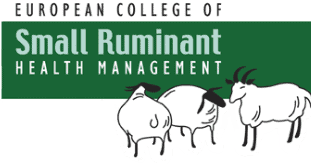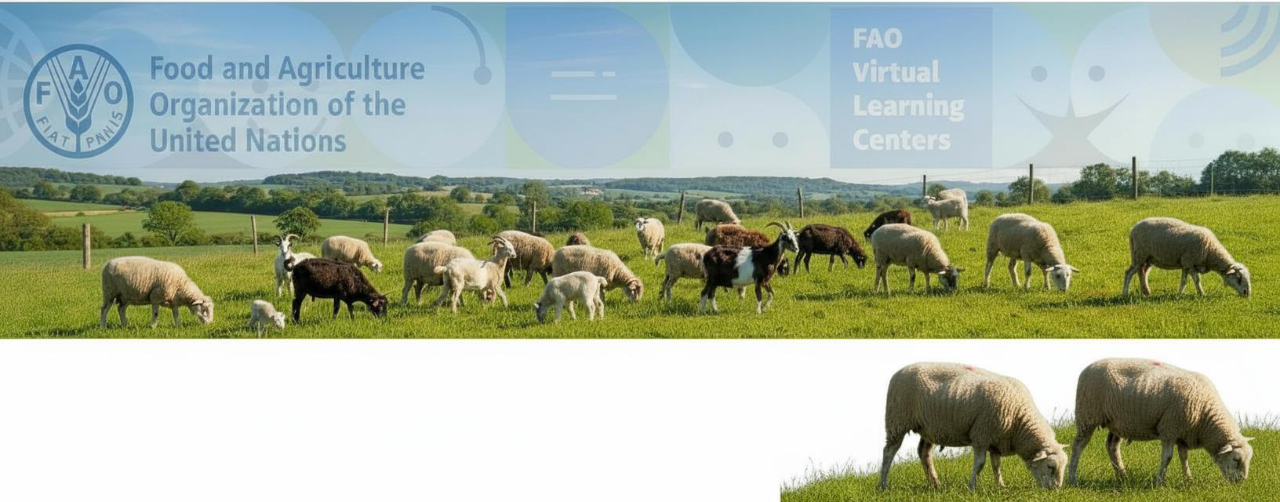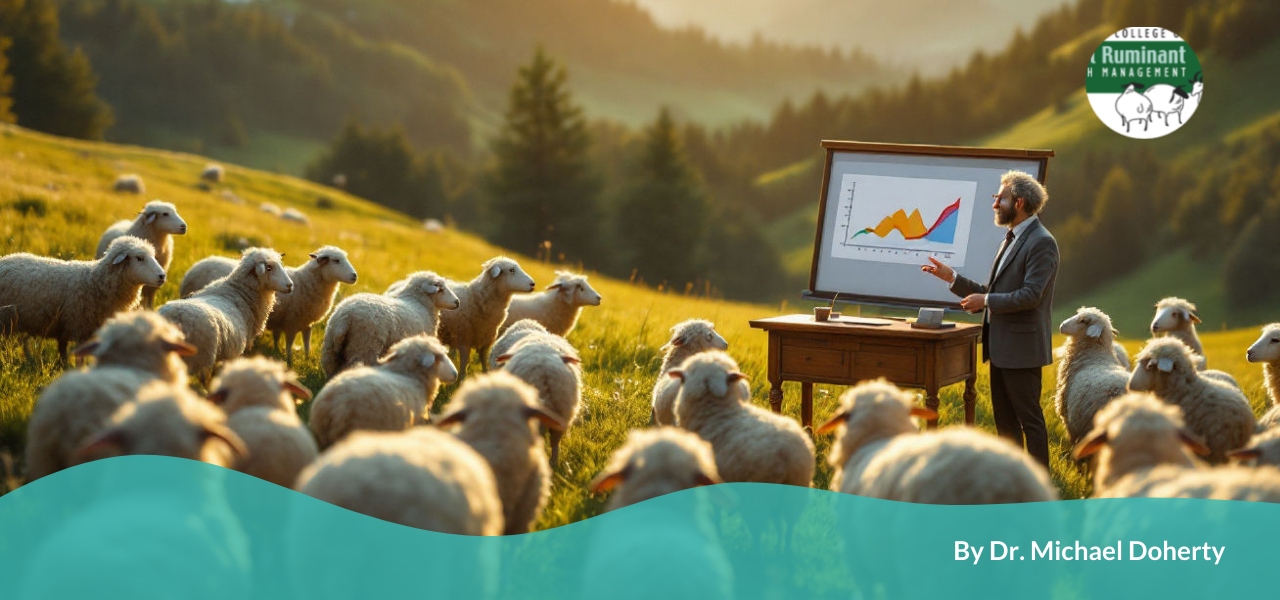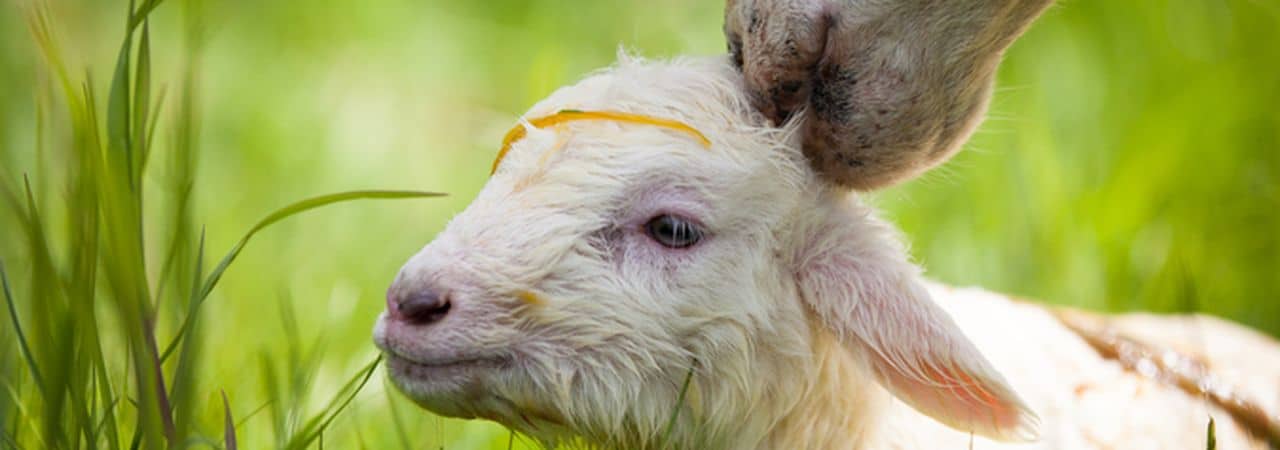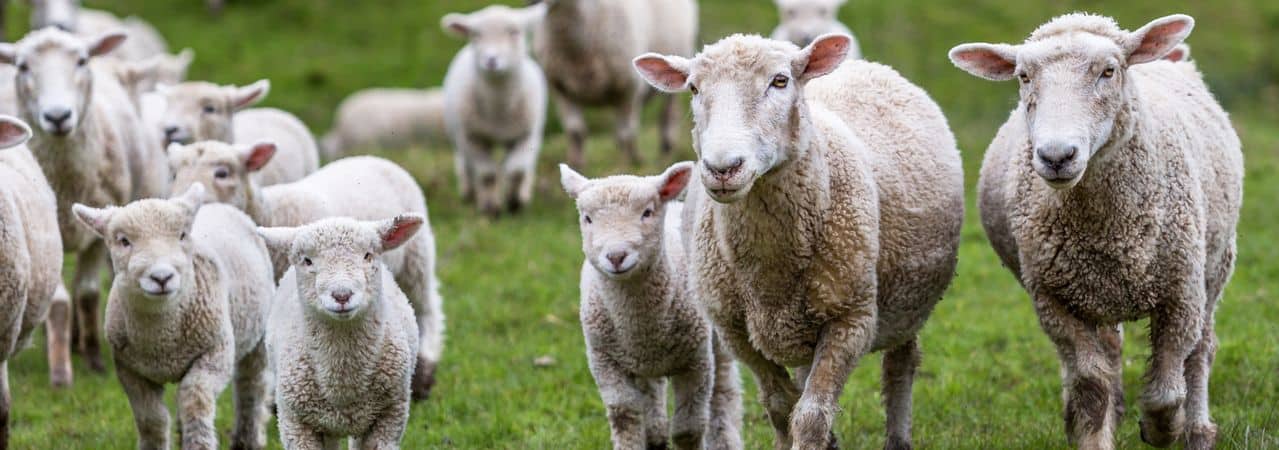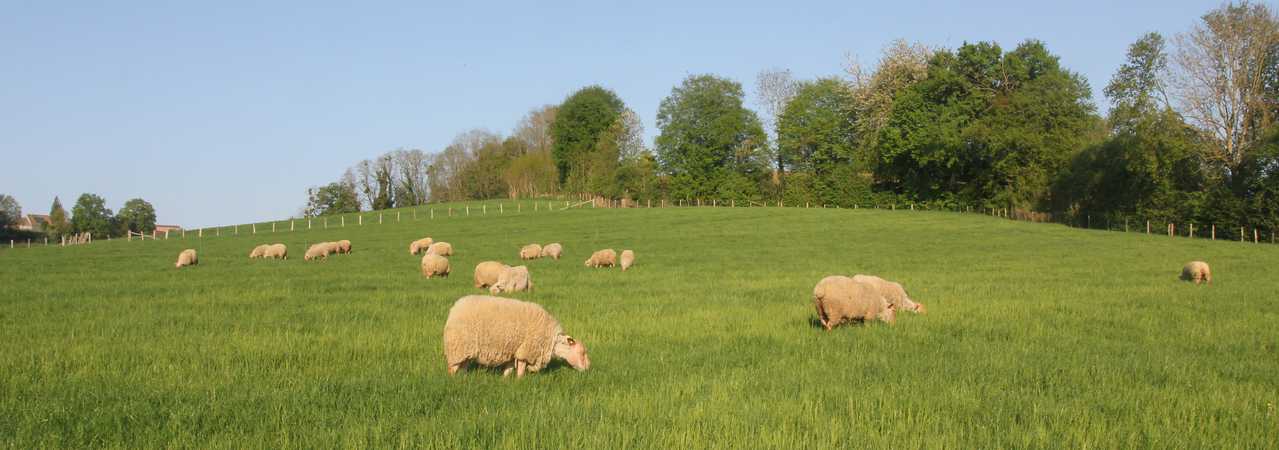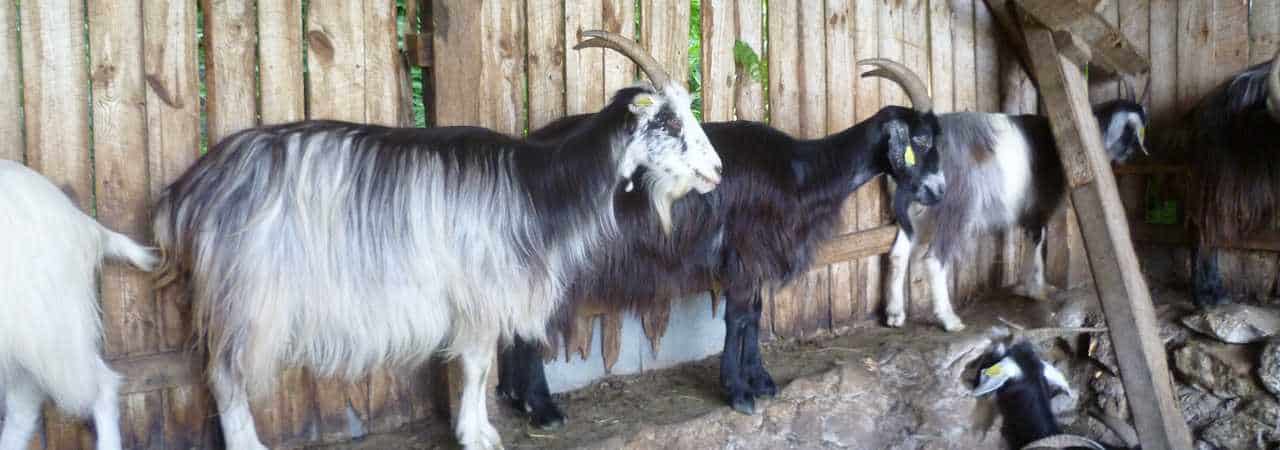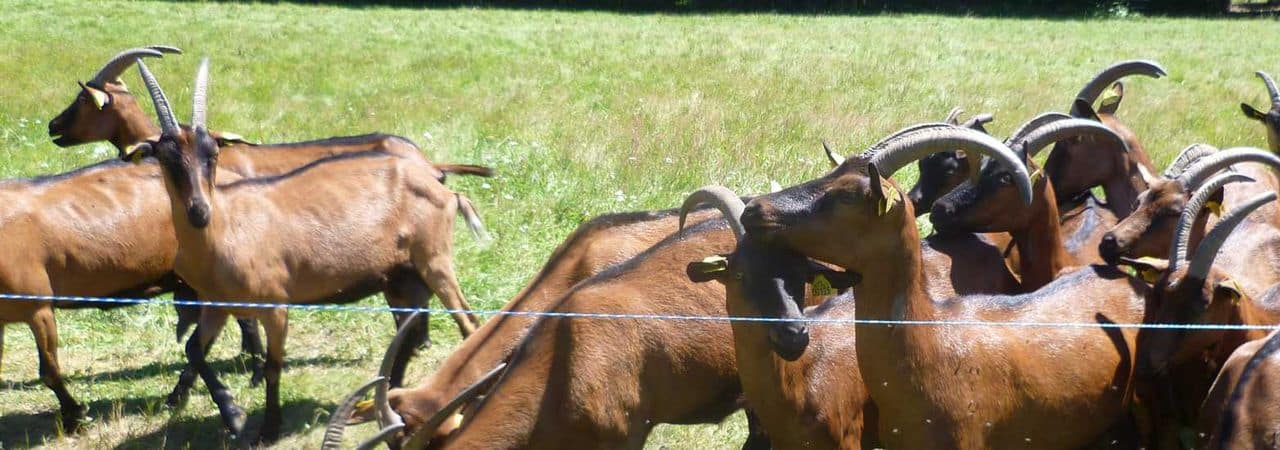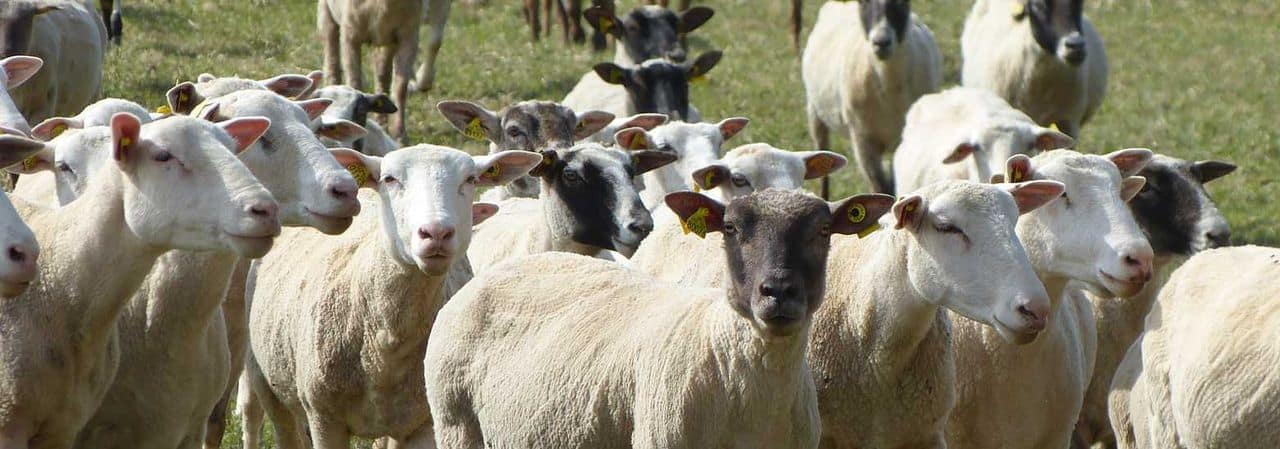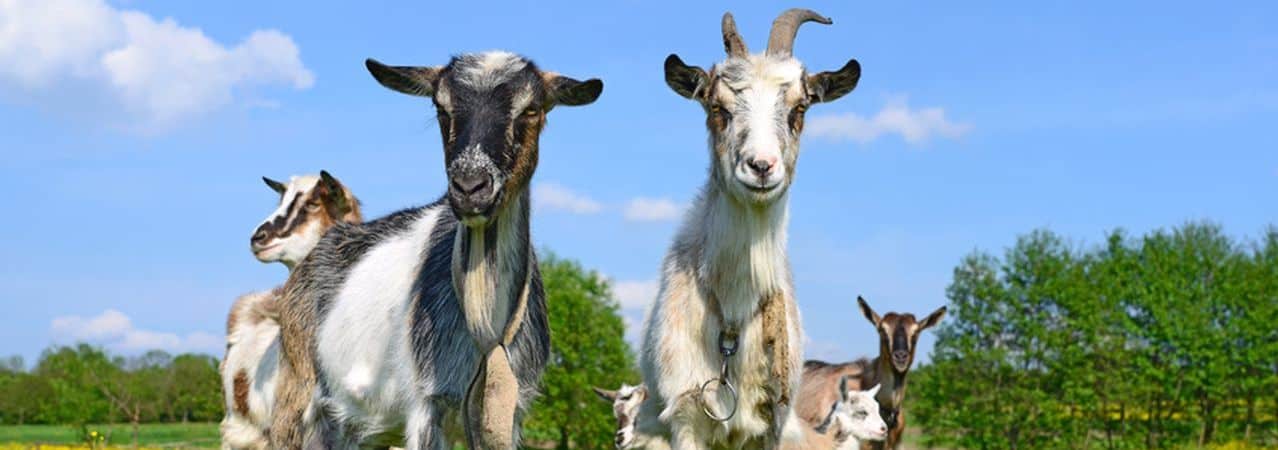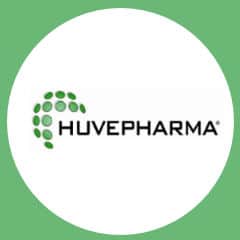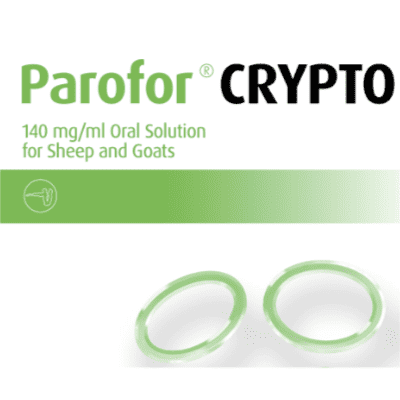
Organization
Founded in 2008 the European College for Small Ruminant Health Management is based in 16 countries and counts a total of 102 diplomates.

Our Vision
The ECSRHM strives to further the advancement of veterinary knowledge in the field of small ruminant (sheep & goats) health management.

Our Mission
Promoting collaboration with national veterinary associations, farmers associations, government institutions and international agencies.
ECSRHM Objectives
- Acting as an institution to qualify members of the veterinary profession as specialists in small ruminant health management by establishing and defining the standard of qualification based on evidence-based medicine (EBM).
- Developing graduate teaching programmes in small ruminant health management. Developing and supervising EBM continuing education programmes for veterinarians interested in small ruminant health management.
- Encouraging its members to pursue original scientific investigations and to contribute to the relevant literature.
- Defining and describing the speciality discipline of small ruminant health management.
- Supervising the professional activities of its members and ensuring that such professional activities are guided by EBM.
- Promoting collaboration with national veterinary associations, farmers associations, government institutions and international agencies.
Small ruminant health management is the promotion of health and prevention of disease in sheep and goats within the economic / business framework of the animal owner / industry, while recognizing the issues of animal welfare, human safety, cultural compatibility, and environmental impact.
Small ruminant health management achieves this through the following activities:
- Analyse health and production data at the herd / flock level and recognize when norms in animal husbandry, production and performance are not being met for that specific small ruminant industry. Use this analysis and knowledge to propose health management strategies to address deficiencies and monitor for change including improvements.
- Recognize important zoonotic, environmental, and food-borne diseases and issues and apply health management practices that mitigate risk to animals and people, including prudent drug usage. This includes animals and food products derived from animals.
- Consider animal welfare requirements for the small ruminant industries and include health management measures to assure compliance. Identify abnormal behaviours that affect animal health and mitigate through modification of related management practices.
- Make evidence-based decisions regarding health management and disease prevention strategies, specific to that small ruminant industry and / or population and appropriately apply those strategies and monitor their effect on animal health and productivity.
- To successfully do this entails understanding of the epidemiology, pathogenesis, diagnosis – at both the individual animal and herd / flock level augmented by laboratory diagnostic techniques, and appropriate therapy of diseases and conditions that are high impact, adversely affect welfare, production-limiting and / or are zoonotic. This understanding needs to be actively practised.
- It includes understanding of husbandry practises and procedures for those industries, normal and abnormal behaviour, reproductive management including obstetrics, nutritional requirements and monitoring of animal and flock-level nutritional status, and economic and social costs associated with failing to meet health and productivity targets.
- Application of this knowledge will facilitate the veterinarian in making an appropriate diagnosis of disease processes within the herd / flock / population and how these processes are affecting its health, welfare, and productivity.
- It includes data gathering on health, welfare and productivity at the herd / flock / population level, analysis of those data to determine current performance, and short and long-term goal setting with input from the client. Health management strategies must also consider the limitations and motivation of the client, as well as welfare and public health requirements.
- It also requires appropriate application of knowledge of control, prevention and eradication strategies such as vaccination, meta- and prophylactic medications, test and remove eradication programmes, biosecurity measures to prevent the introduction, control and release of disease agents including zoonotic agents, nutritional management to prevent nutritional diseases and optimize productivity for the relevant production groups, housing and ventilation requirements, manipulation of the reproductive cycle, and nutrient management including management of deadstock.
- Finally, small ruminant health management is an iterative process that requires the veterinarian to routinely revisit the herd / flock to assure strategies are appropriate and effective, to review performance and goal setting and to monitor change in health, performance, producer needs and industry challenges.


